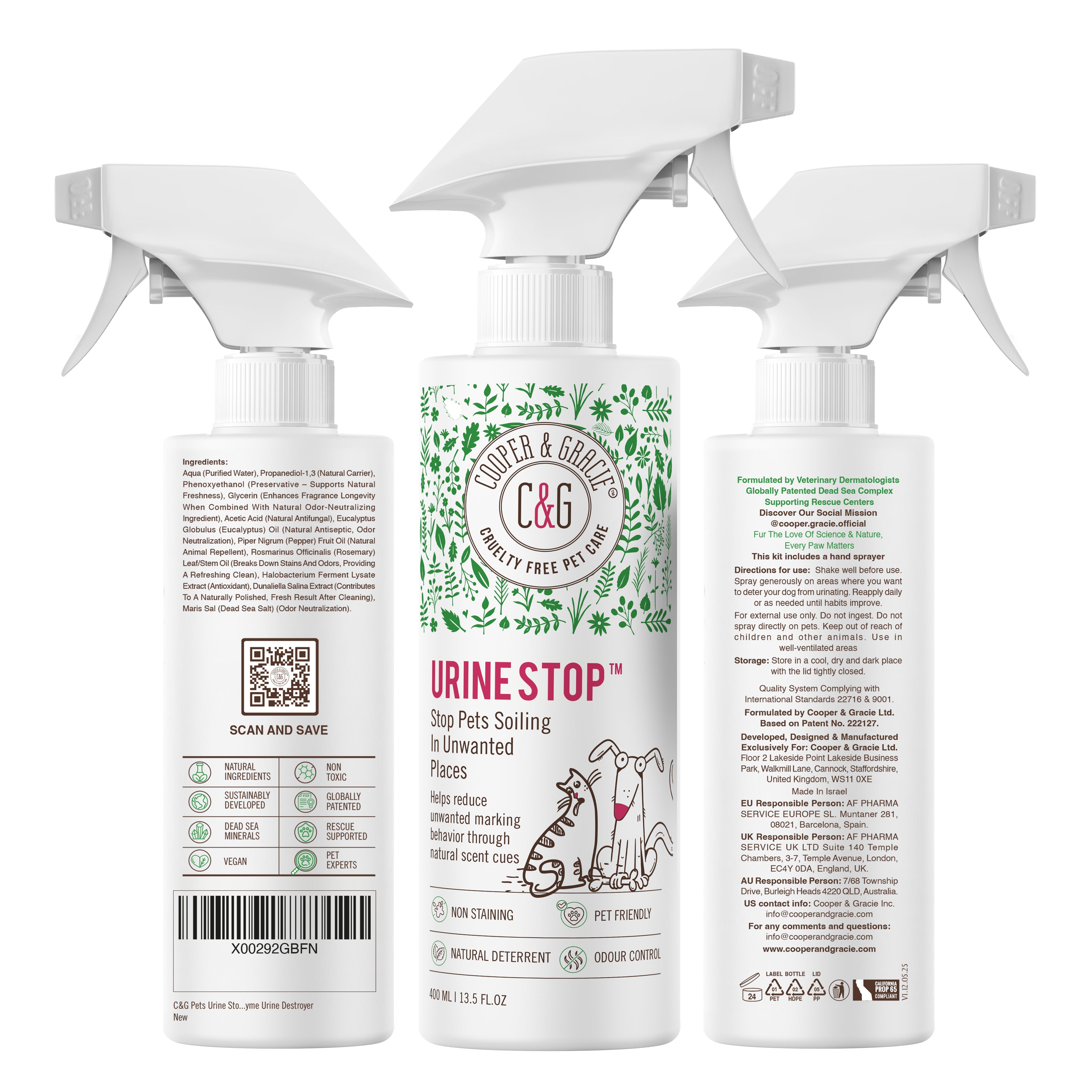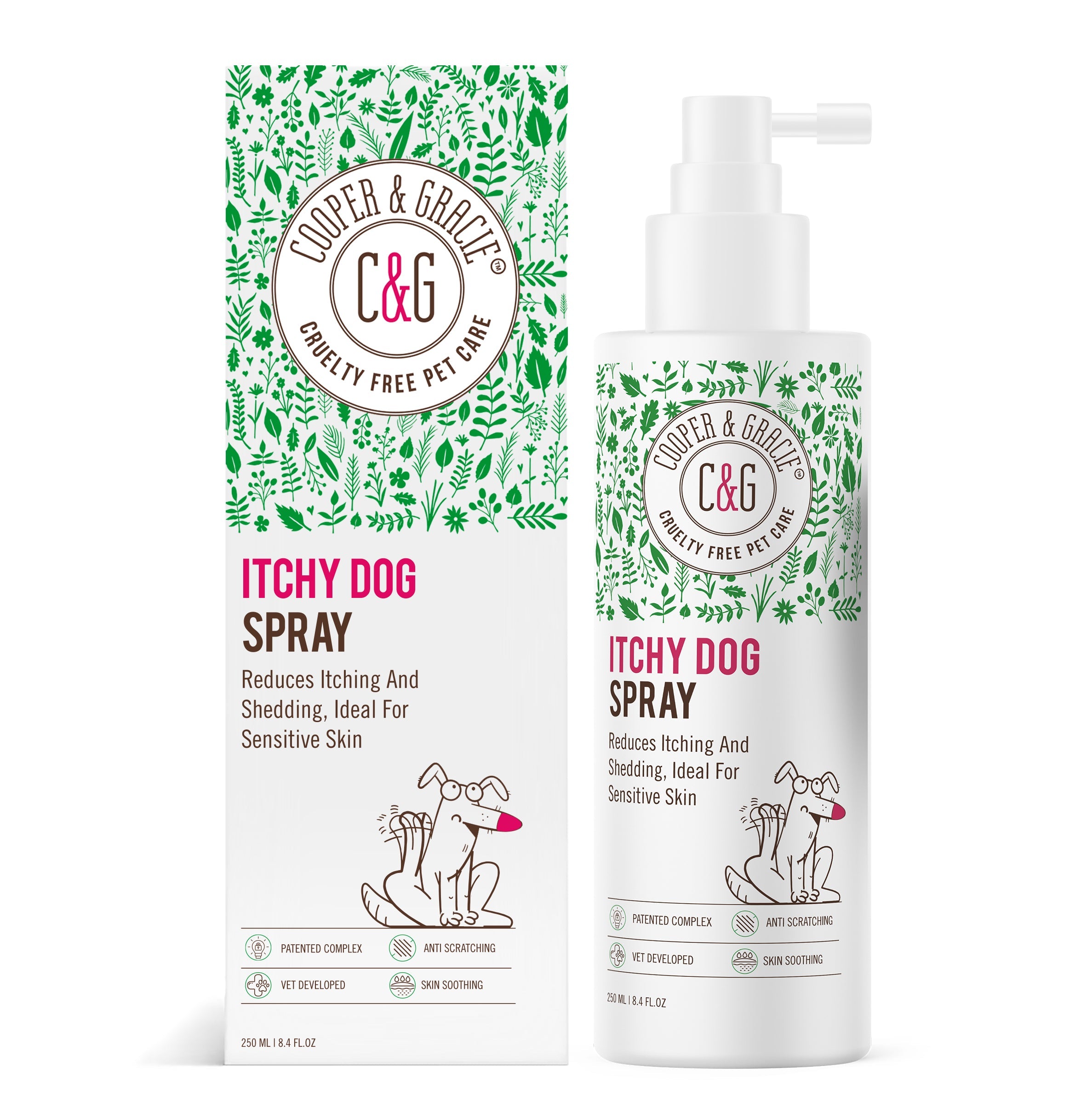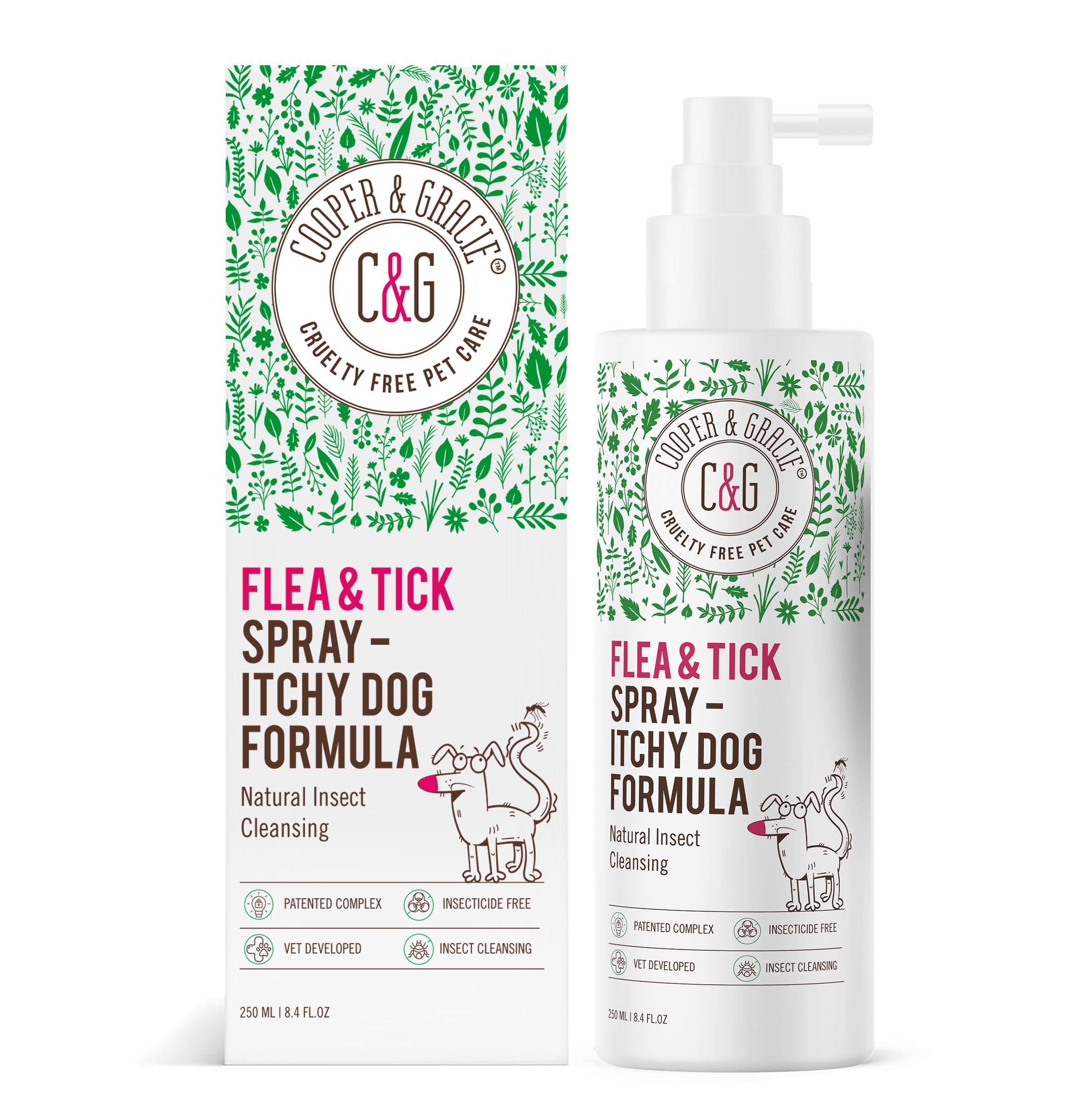Ever watched your fur baby sleeping peacefully, and noticed a cute, little tip of the tongue peeking out? It’s a sight that warms the heart! While it is an utterly adorable quirk, have you ever wondered why dogs exhibit this behaviour? In this article, we’ll explore the world of canine sleep and the endearing tongue peek-a-boo that often accompanies it.
Understanding the Behaviour
Observing a dog with the tip of its tongue out while snoozing is not uncommon. This innocent gesture is something many pet parents have witnessed. Let’s delve deeper into what this behaviour denotes.
Description of the Behaviour
Typically, when dogs are in a deep state of relaxation or in the REM (Rapid Eye Movement) stage of sleep, the tongue may slip out a tad. It's a harmless gesture that simply indicates a dog's comfort and ease during sleep.
Similar Sleeping Behaviours in Dogs
Just like humans, dogs have a range of sleeping behaviours. From twitching and 'running' in their sleep to soft whimpering, each dog has its unique sleep antics. The tip-of-tongue phenomenon is just one of these adorable quirks.
Common Reasons Behind The Behaviour
Let’s explore some common reasons why dogs might stick their tongues out whilst catching some Z’s.
Relaxation and Comfort
One of the primary reasons is sheer relaxation. When dogs are completely relaxed, the muscles in their mouth loosen, letting the tongue slip out gently.
Cooling Down
Dogs have limited sweat glands, primarily located in their paws. They regulate their body temperature through panting or letting their tongue hang out. Even during sleep, this can be a way for them to cool down, especially in warmer climates or seasons.
Breathing Convenience
Sometimes, sticking the tongue out a bit aids in easier breathing, especially for brachycephalic breeds (dogs with short noses) like Pugs or Bulldogs.
Exploring the Health Aspect
It’s essential to differentiate between a normal sleeping tongue peek and signs of a potential health issue.
Healthy vs Unhealthy Signs
A slight tongue protrusion is normal; however, if it’s excessively out or accompanied by other troubling signs like heavy drooling, it’s time to consult a vet.
When to be Concerned
If the tongue-out sleeping habit is new, or if there are other accompanying symptoms like fatigue, change in appetite or behaviour, it's wise to seek veterinary advice just in case (chances are, it's nothing to worry about).
Anatomical Explanation
A glimpse into the oral anatomy of dogs can offer more insight into this behaviour.
Dog’s Oral Anatomy
Dogs have a long, muscular tongue that plays various roles from eating and drinking to regulating body temperature. When relaxed, the tongue naturally tends to loll out a bit.
Relation between Anatomy and Behaviour
The anatomy of a dog's mouth, combined with their relaxed jaw muscles during sleep, facilitates this adorable tongue slipping scenario.
Comparison with Other Animals
While dogs aren't the only animals with interesting sleep habits, they do have some unique traits.
Similar Behaviours in Other Animals
Cats, for instance, might also exhibit tongue protrusion during sleep, although it’s less common than in dogs.
Unique Aspects in Dogs
However, dogs often have a more pronounced tongue slip due to their different oral anatomy and larger tongues compared to many other pets.
Effects of Breed and Size
Different breeds and sizes of dogs may exhibit varying degrees of this behaviour.
Breed-specific Tendencies
As mentioned above, brachycephalic breeds, for instance, are more prone to letting their tongue out while sleeping due to their facial structure.
Effects of Size and Anatomy
Larger breeds with bigger mouths and tongues might have a more noticeable tongue protrusion than smaller breeds.
Managing and Training
If this behaviour is causing concern or discomfort for your dog, there are ways to manage and train them.
Training Dogs Regarding This Behaviour if Problematic
Training can include teaching them different sleeping positions or providing more comfortable sleeping arrangements.
Consulting with a Vet
Before taking any action, it’s always advisable to consult with a vet to ensure it's not a symptom of an underlying issue.
Vets often reassure that a bit of tongue peeking out during sleep is normal and nothing to be overly concerned about unless accompanied by other symptoms.
Behavioural Expert Insight
If the tongue protrusion is a problem (as confirmed by a vet) then canine behavioural experts might provide tips on ensuring your dog's comfort during sleep to promote healthier sleep habits.
Debunking Common Myths
There are numerous misconceptions surrounding dogs’ sleep habits which need addressing.
Addressing Misconceptions
The curious act of dogs sticking their tongues out while snoozing can sometimes be misconstrued by concerned pet owners. It’s easy to jump to conclusions, especially when it's about the wellbeing of our beloved furry companions. Some individuals might hastily misinterpret the tongue-out behaviour as a sign of distress or an underlying illness, when in actuality, it's often a manifestation of deep relaxation or contentment.
When our canine companions find themselves in a state of peace and comfort, especially during a satisfying slumber, the slight protrusion of the tongue can occur. This quirky behaviour is akin to humans snoring or talking in their sleep, simple indicators of a deep, restful slumber. It’s a charming idiosyncrasy that paints a picture of a dog at ease, secure in their environment, and wholly surrendered to the realm of dreams.
Furthermore, it's essential to address this misconception as it can lead to undue worry or even unnecessary veterinary visits. Creating a knowledge-rich environment for dog owners to learn and understand the range of normal dog behaviours, including the tongue-out while sleeping, is crucial. This not only alleviates concern but cultivates a community more attuned to their dogs' behaviours and needs.
However, it’s always prudent to observe any accompanying symptoms or behavioural changes in your dog. If the tongue protrusion is a new occurrence or if it's paired with signs of distress, discomfort, or other health issues, a consultation with a vet is advisable. Education and understanding coupled with a dash of vigilance are the keystones of fostering a happy, healthy, and comfortable life for our four-legged family members.
Ensuring Your Dog’s Comfort
Every dog deserves a comfortable and peaceful slumber.
Tips for a Comfortable Sleep for Your Dog
Providing a cozy sleeping environment, keeping them cool during hot weather, and ensuring they're in good health are all steps towards ensuring a comfy sleep.
Encouragement for Letting Dogs Sleep Comfortably
Letting dogs sleep in a way they find comfortable, even if it involves a bit of tongue peeking, is a sign of a caring and understanding owner.
Effects on Dog-Owner Relationship
Understanding your dog’s quirks can lead to a deeper bond.
Understanding and Bond Enhancement
The more we understand our dogs, the deeper our bond with them becomes. Appreciating their quirks is part of loving them wholeheartedly.
Respecting Dog’s Individuality
Every dog is unique, and respecting their individuality, even in their sleep habits, is crucial for a happy pet-owner relationship.
Conclusion
This endearing behaviour of dogs sticking their tongue out while sleeping is a normal, often healthy sign of relaxation and comfort. Being knowledgeable about why it occurs and when it could be a cause for concern will help keep your dog happy and healthy. And remember, it's just one of the many quirks that make our furry friends so lovable.
FAQs
-
Why does my dog stick his tongue out slightly when he’s asleep?
- It’s usually a sign of relaxation and comfort. However, it could also be a way for them to cool down or breathe easier, especially for brachycephalic breeds.
-
Should I be worried if my dog's tongue sticks out while sleeping?
- Generally, it's not a cause for concern unless it’s a new behaviour or if it comes with other concerning symptoms such as fatigue, or a change in appetite.
-
Is there a breed-specific tendency for this behaviour?
- Yes, brachycephalic breeds like Bulldogs and Pugs are more prone to this due to their facial structure.
-
Can this behaviour be trained out of a dog?
- It’s not advisable to train this natural behaviour out of dogs unless it’s causing them discomfort or is a sign of an underlying issue.
-
What should I do if I'm concerned about this behaviour in my dog?
- Consulting with a vet is the best course of action if there are any concerns regarding this behaviour.
Enhance Your Canine Companion's Comfort with Cooper and Gracie's Premium Range
Indulging in a peaceful slumber is not just a human privilege, but a canine one too. As we've unravelled the adorable mystery of dogs sticking their tongue out while sleeping, it's paramount to ensure that your furry pal enjoys a comforting snooze. At Cooper and Gracie, we embrace the essence of nurturing a serene sleep for your dog with our exquisite range of natural, cruelty-free, and ethical canine products. Our carefully crafted solutions tenderly address the unique needs of your pet, fostering a calm and soothing environment for them to drift into dreamland effortlessly. Whether it's our calming dog spray that sets a tranquil ambiance, or our gentle and effective grooming products that keep your dog's coat and skin healthy, we are committed to promoting a serene snooze for your cherished companion. Embrace the gift of serene slumbers for your dog, ensuring they wake up each day with a wagging tail and boundless zest for life. Delve into our compassionate and wholesome world at Cooper and Gracie, and you'll not only find exceptional products but a community devoted to fostering dog welfare and absolute comfort. Your pet's peaceful sleep is just a click away; explore our haven of holistic pet care now.
Related Posts
Why Does My Dog Stick the Tip of His Tongue Out When I Pet Him?











